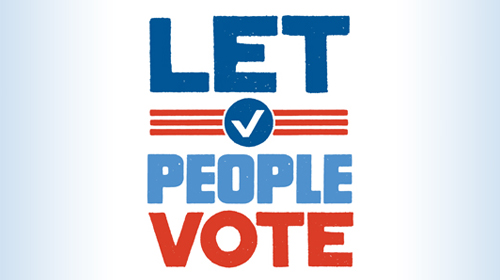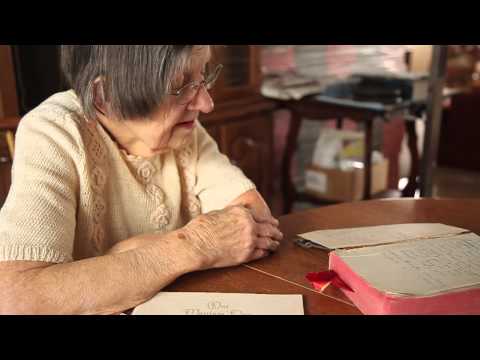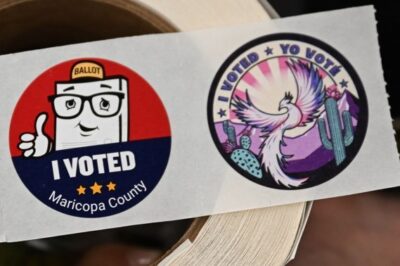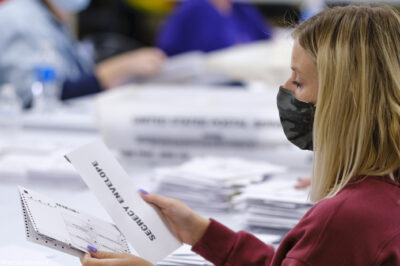
Ruthelle Frank was able to vote in Tuesday's primary elections in Wisconsin. But it took multiple lawsuits and 10 months to make it happen. And she still may not be able to vote in November.
Ruthelle is the ACLU’s 84-year-old plaintiff challenging Wisconsin’s voter ID law. She is only one of millions of people who are at risk of losing their right to vote this November as a result of wide-ranging state-by-state efforts to deny people access to the polls.


%3Ciframe%20width%3D%22480%22%20height%3D%22274%22%20src%3D%22https%3A%2F%2Fwww.youtube.com%2Fembed%2FHbiby7_hNA0%3Fautoplay%3D1%26version%3D3%22%20frameborder%3D%220%22%20allowfullscreen%3D%22%22%3E%3C%2Fiframe%3E
Privacy statement. This embed will serve content from youtube.com.
Please note that by playing this clip You Tube and Google will place a long-term cookie on your computer. Please see You Tube's privacy statement on their website and Google's privacy statement on theirs to learn more. To view the ACLU's privacy statement, click here.
The right to vote is what makes a country a true democracy, and it is the most basic right we share as Americans. And yet, outrageous attempts to deny people the right to vote are under way in state after state — virtually guaranteeing that many Americans won’t really have the right at all. It’s estimated that up to 5 million people will be blocked from the polls in this year’s general election as a result of new voter suppression measures on the books.
The ACLU is launching Let People Vote today, a campaign that highlights stories of voters across the country who will be impacted by these voter suppression measures. From Wisconsin to Texas, Ohio to South Carolina, every person who loses the right to vote takes us one more step away from being a nation of free people.
Act now to make sure that our most fundamental rights are protected this November.
Learn more about voters suppression: Sign up for breaking news alerts, follow us on Twitter, and like us on Facebook.



